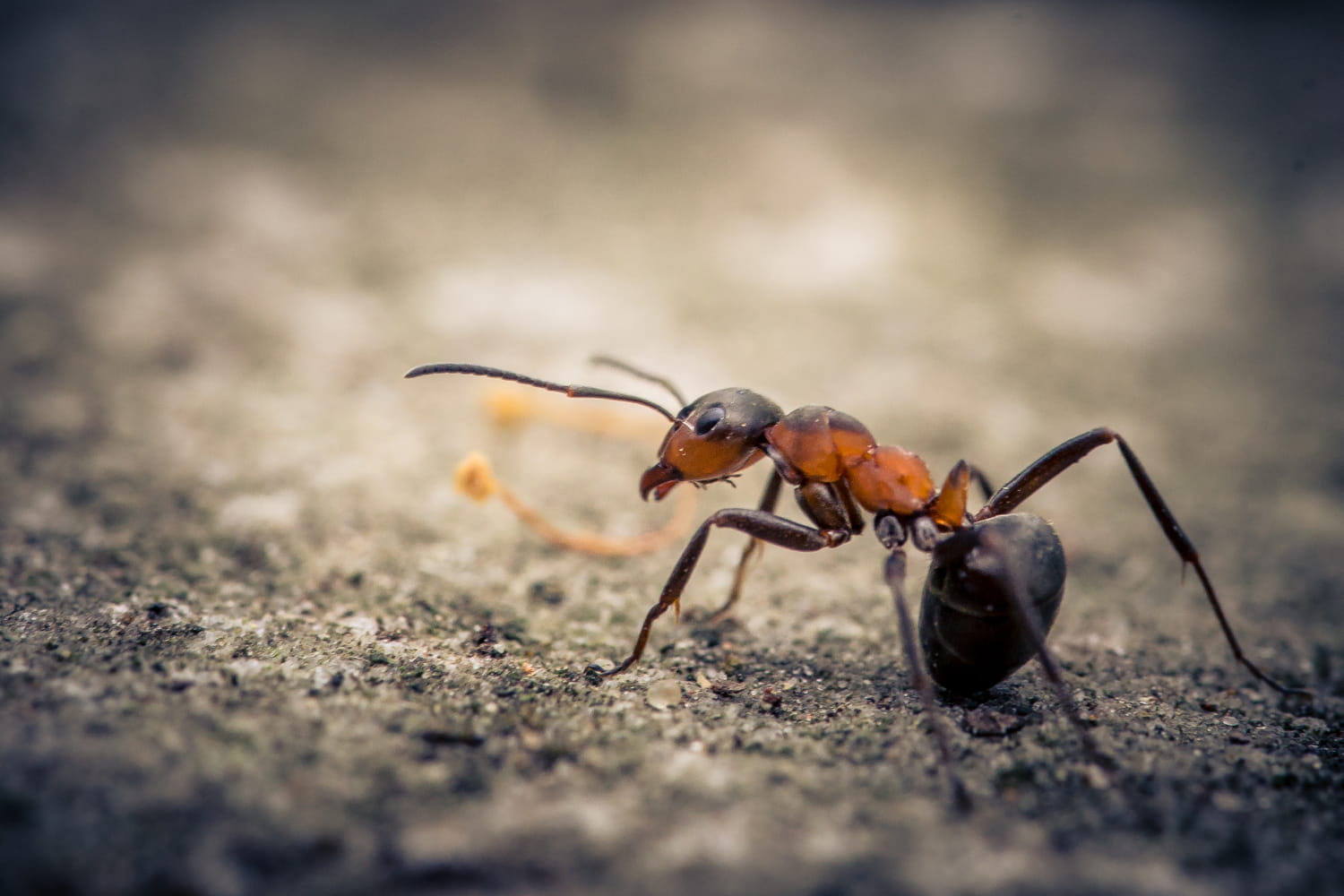The ant is an insect that we know well, but an exotic variety has appeared in France. Particularly invasive, it must be identified quickly.
Performing ant work is an expression very often used to describe the careful and precise execution of a task. And yes, because in France ants have rather good press. They are famous for their good organization and it is not a legend. But a kind of ant is particularly problematic right now.
Originally from the Mediterranean basin, she invaded several regions in France. It is found in Alsace, in the Var, in Lyon, Marseille, Nice, Toulon and even in the south of Brittany. Very invasive, she settles in houses, gardens, climbs on the walls, bites the inhabitants, and seems impossible to dislodge. It moves in very large numbers and form of immense colonies without visible queens, which makes it difficult to eradicate. His name? The Tapinoma Magnum. The first elements suggest that they arrived in France in green plants. According to the report of the Regional Directorate of Food, Agriculture and Forestry, Tapinoma ants are recognizable by their smell of “rancid butter” when crushing them.
This exotic variety has invaded houses in the town of Petit-Landeau in Haut-Rhin and the inhabitants can no longer. “At the beginning, we see them in the garden, it did not disturb too much. Then, they come in the entrance, go up along the legs, we get rid of them and then over time, they penetrate into the house,” said BFM Alsace this resident of the village, installed in Petit-Landau for 48 years. In a recorded subject for RTL radio, journalist Yannick Olland declares “these ants from the Mediterranean basin are very aggressive. The time to ask three questions on this terrace, they climb us and they bite us”. The mayor of the town is reassuring. According to her, these ants would not present any risk to public health and she considers that the invasion is not so important, because these insects do not prevent the nose outside. These critters would still be more than a million and established for several years in the region.
If you come across these invasive ants at home, no need to panic, but it is better to act quickly. Start by identifying their presence: observe the journeys they take, locate the entry points into the house. Put the cracks, regularly suck the affected areas and clean the surfaces with white vinegar, which they hate. Avoid leaving food or crumbs lying around, they love sugar.


